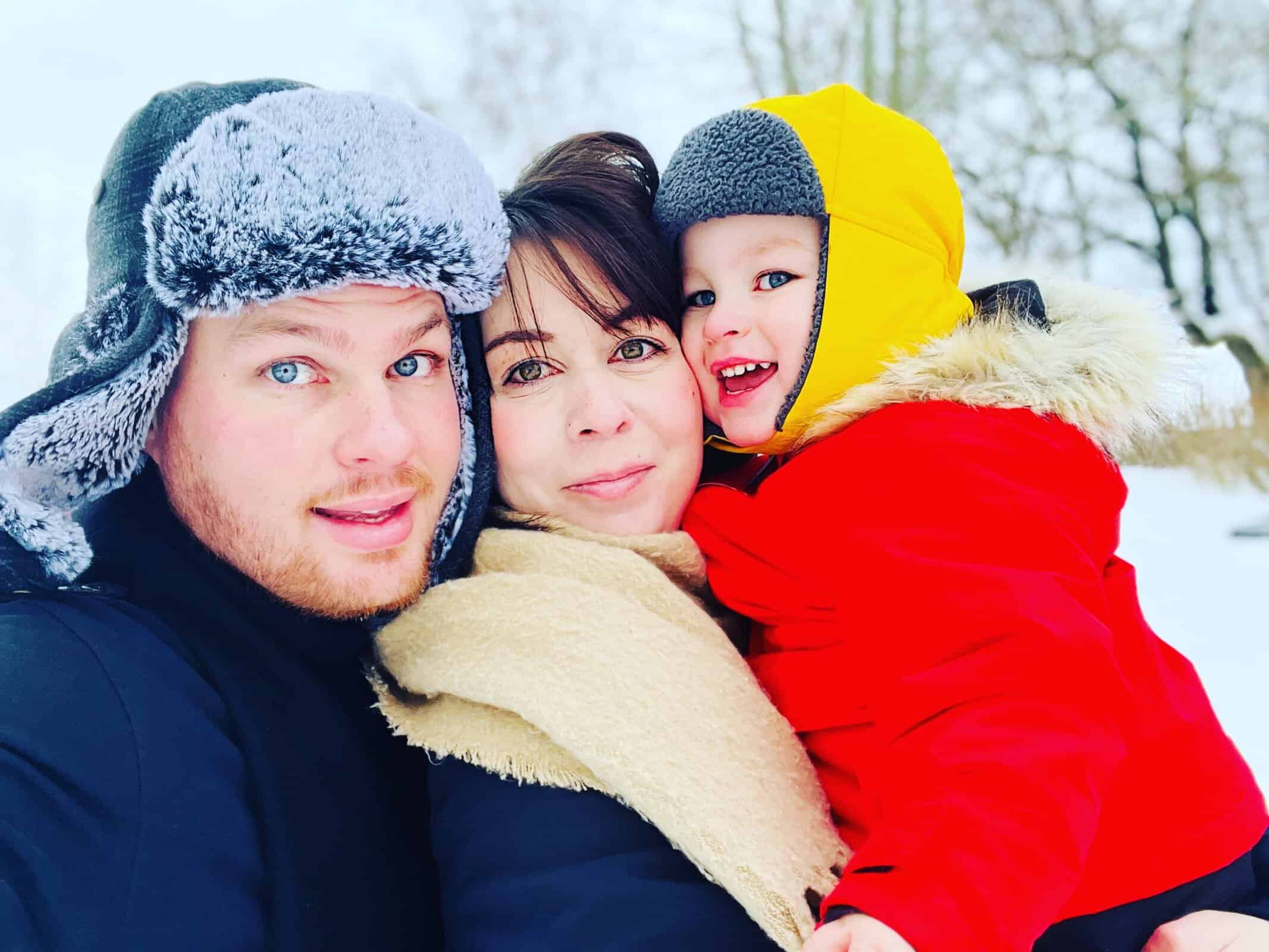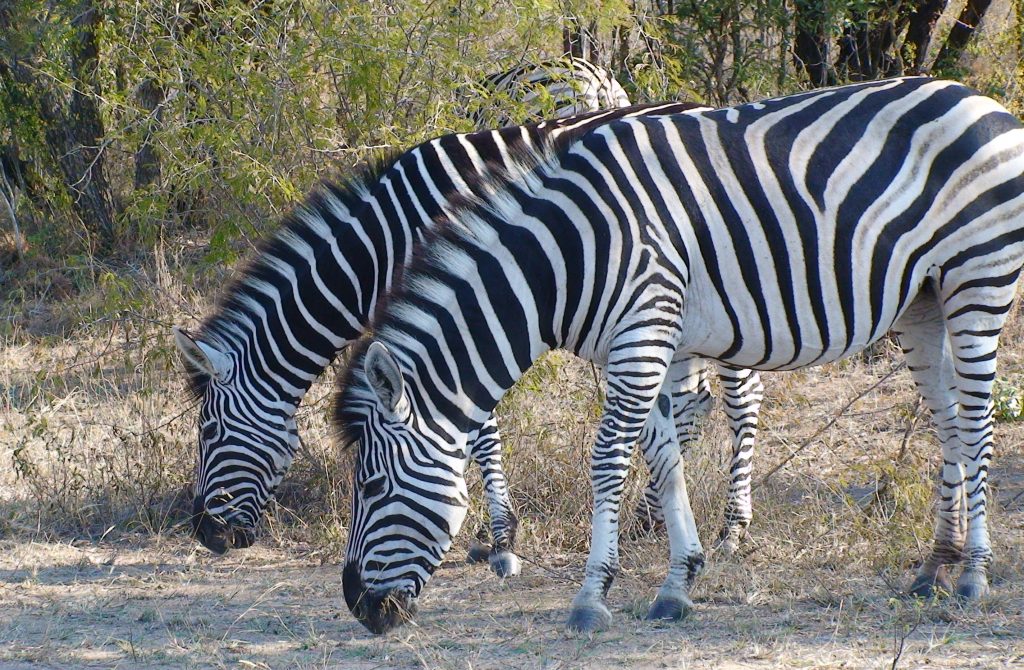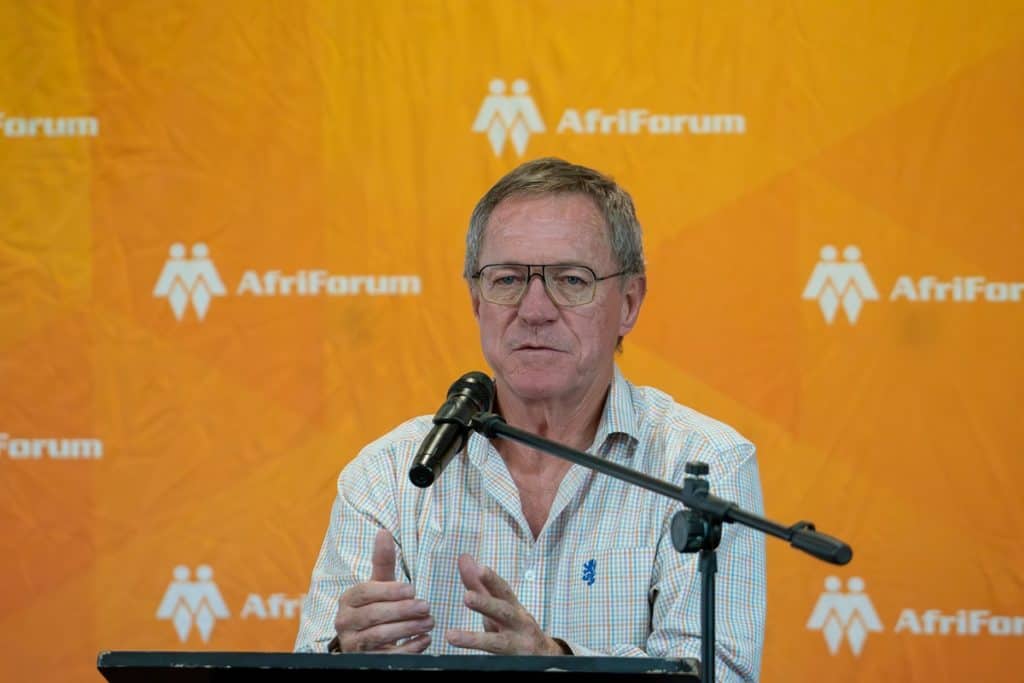By Janine Cronje
My now almost two-year-old was born in 2021 and shortly thereafter we decided we wanted to look for a better future for our child abroad. If we only knew then what we know now.
My husband managed to get a job opportunity in Sweden. This was a once in a lifetime opportunity. They paid everything for us: airline tickets, accommodation for three months, a container with our personal belongings – even a settling-in bonus. There was even a relocation specialist that arranged everything for us. It felt as if it was too good to be true.
We departed from Cape Town International Airport with a five-month-old baby. The arrival in Stockholm was interesting. We were uncertain about where to go and with the language we felt totally displaced.
In the beginning everything was new and exciting. My husband basically started working immediately. I had to stay home with my baby. In Sweden children can only start attending schools from one year old. The government also pays you 80% of your salary while you are on parental leave. As a new person in the country, I only received the minimum amount. It is not enough to live off, but the extra money definitely helped.
Sweden is not a country where a family can live on one income only.
We realised very quickly that everything was very expensive. If you can find a place to rent, you will spend at least 50% of your income on a two-bedroom flat very far from the city. Food is very expensive, especially dining out, and the quality of fresh food and vegetables is not what we are used to in South Africa.
Fuel and parking are almost unaffordable. Although you can get by without a car, it just makes in easier if you want to do simple things such as going to buy groceries without having to carry heavy bags home.
Up until the first year it was okay, we really gave everything to adapt and build a new life here, but it is very difficult.
The people here have a culture of “every man for himself”. I wouldn’t describe them as rude, on the contrary, they are very friendly. If you ask for help you will probably get hold of someone, but people will seldom help of their own accord.
One day my husband wanted to buy coffee for a few colleagues before work, and they literally refused because they said then they would owe him something.
Medical care and medicine … well that was almost the biggest shock. You need a prescription for the most basic pain tablets you would buy over the counter in South Africa. There are not a lot of types of medication that are available without a prescription.
The hospitals and doctors are good, as long as there is nothing major wrong with you. Conditions that would be treated immediately in South Africa are not seen as a problem here.
It feels as if you are just a number here – there is hardly any humaneness or sympathy/empathy from them.
And the language difference obviously also causes a huge communication problem …
This is one of the main reasons why we want to come back to South Africa: to be able to get proper medical care, even if it costs a lot of money. At least you can get the help you request.
Regarding schools and discipline, I was shocked about how little discipline there is in the schools. As a teacher I have worked in public and private schools in South Africa. I know what is going on in those schools and what the standards are.
I have been working at an English private school since August and I am shocked about the standard of education at the school. The discipline is a big problem, as it is almost non-existent. The children here are not aware of repercussions.
As a parent I now feel my child will receive better education, discipline and life experience in a South African school. This is one of the most important reasons why I want to return to South Africa.
The weather is a big adjustment, I don’t think it is something one will ever get used to – to almost never have evenings in the summer and only experiencing six hours of sunlight in the winter. It is dark, it is cold, and it is wet.
Driving and drivers’ licences are also a challenge. Here they drive on the right-hand side of the road but as a South African your licence is not valid, and you have to re-apply for it. Apart from the fact that it is a long, time-consuming process, it costs a lot. There is a two-day course consisting of theory and practice and then the actual theoretical and practical test.
As a South African, you think “first world country”. Things here work the way it should, it is better. Yes, that is true for some things. There are however also many systems that do not work.
The grass is not always greener on the other side.
After one year and five months we decided this country just wasn’t for us.
The longing for our family, for support and simply just the familiar things made us decide to return home.
When we look back, we realise as a family we were happier people back in South Africa and that is what our hearts yearn for.
I want my child to have his grandparents close to him.
To just have a normal conversation with your child’s teacher in English or Afrikaans, in fact, just being able to understand the teacher.
To simply walk into a shop and be able to read the names of products. I am tired of Google Translate …
To smell your neighbour’s braai on a Saturday.
To know there is support when things get difficult and to know there are people close by to share in your happiness when there is something to celebrate.
We plan on being back in South Africa by July 2023. I will never regret having lived in Sweden. As a family we learned a lot and gained a lot of experience, but we know now where our hearts are and where we want to build a life for ourselves.
It is the little things that you miss.
The morning coffee with my mother.
The Friday evening whiskey with my dad.
Afrikaans!
Our culture.






















